7 reasons why YOU should care about the ocean
from a scientific perspective
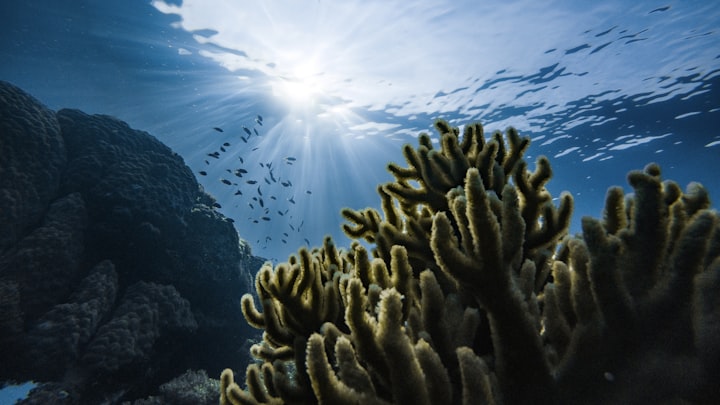
The ocean is so much more than just a large body of water that covers 80% of the surface of this planet. The ocean shields us, helps us, feeds us, allows us to travel. It's the reason humanity has advanced so far from those troglodytes in a cave to Gen Z's typing on their macs. It's where we began; it's where we (fingers cross for underwater cities) might end up.
1) Undiscovered species, which could potentially be the cure for diseases
Only 5% of the oceans have been explored by humanity. That means all the marine species we know about, like dolphins, clownfish or whales, total up to 5% of the potential species present in the seas.
With only 5% of the ocean explored, who knows what could be down there? Already humanity has utilised marine life in ways that medically speaking benefit us considerably, such as the innovation that takes the blood of horseshoe crabs as a natural purifier for vaccines or nucleosides from Caribbean sea sponges leading to Ara-A and Ara-C.
What if within hat 95% of the unexplored ocean, there is a fish that could cure cancer? Or reverse dementia? Neutralise diabetes?
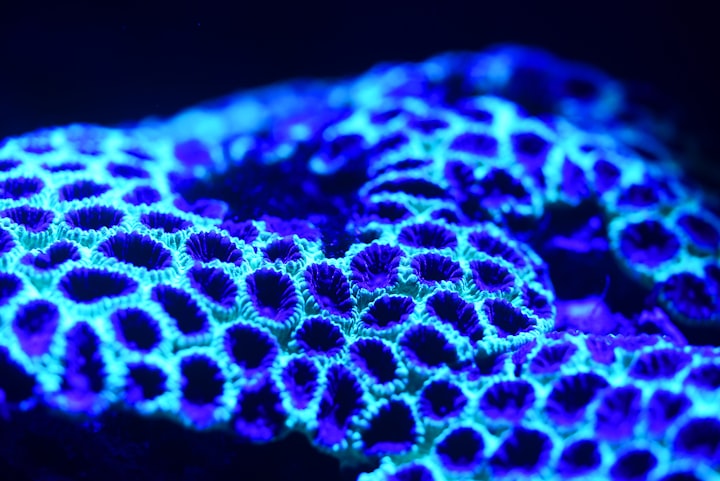
2) The lungs of this planet
Say goodbye to whatever you learned in geography at school. No, it is not the rainforests that produce the most oxygen. It is the oceans.
While the rainforests do contribute largely, their contribution is nowhere near the scale to that of the oceans. Not only this, but the ocean acts as a filter and absorbs and stores more carbon dioxide than anything else on this planet. This storage of carbon is what helps maintain the composition of elements in our atmosphere.
Suppose the ocean process that stores carbon is disrupted. In that case, that could release immense quantities of carbon into the atmosphere, speeding up global warming and climate change. Simply put, no ocean equals terrible news for us all.

3) The ocean touches all, no matter where you are.
Weird as it sounds, it does. 50% of the oxygen you are breathing in right now is a by-product of the photosynthesis of phytoplankton in the oceans. The clothes you're wearing, the food you eat, the phone or laptop you're reading this story on, all likely got shipped across the ocean.
Everything that we surround ourselves with is either directly or indirectly related to or has somehow been involved with the ocean.
4) Costal based business contributes more than £500 billion of the world’s economy.
The ocean gives jobs to millions of people. Fishers, lifeguards, sailors, marines, divers, marine biologists, oil rigs, cruise ships. These are just some of the examples I could think of, and there are so many more!
Without the ocean, millions of people would be out of pocket. Plus, no ocean = no whales, and no whales = no perfume. So those expensive bottles of fragrance we all use contain whale puke, faeces, and urine (excellent). Look out for ‘Ambergris’ in the ingredients; it’s a nice way of saying sperm whale vomit.

5) Food.
This is a critical one. Millions of coastal people are solely dependent on the fish they catch as a source of food or income. A decline of fish due to overfishing results in human suffering. A decline of stable marine organisms results in a lowered economy for countries affected due to drops in stocks and fisheries.
With history as a guide, the abundance of a species can mean the difference between a thriving coastal town or a deadbeat one.
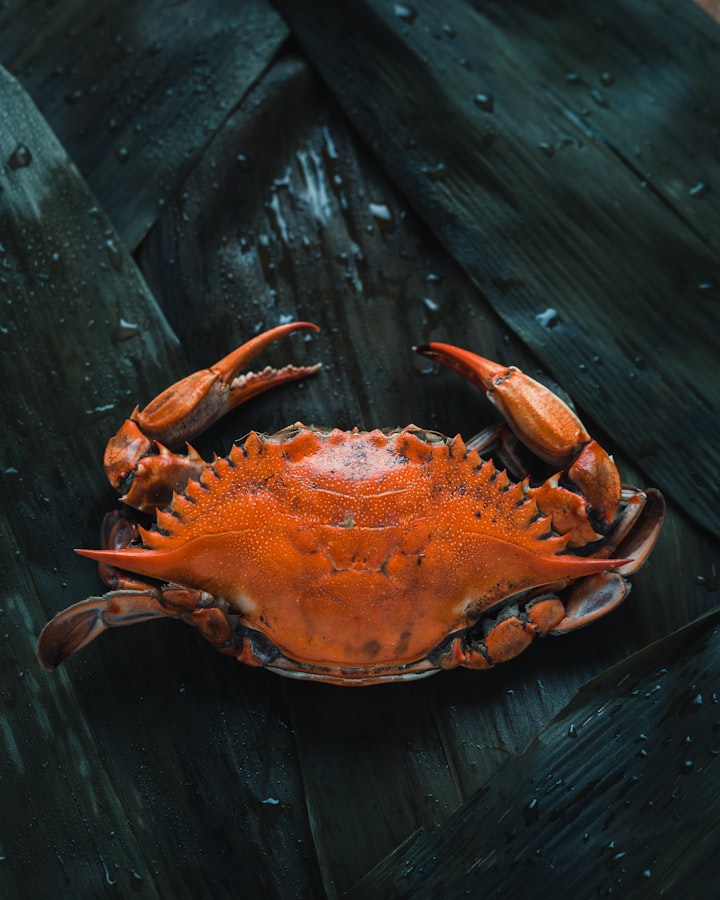
6) Home to the greatest abundance of life on our planet
70% of the words living organisms live in the ocean. Do consider that only 5% of the ocean has been explored; who knows what other species call the ocean home. Not only this, but as life is yet to be discovered on other planets, for now at least, the oceans have the largest abundance of life in the universe.
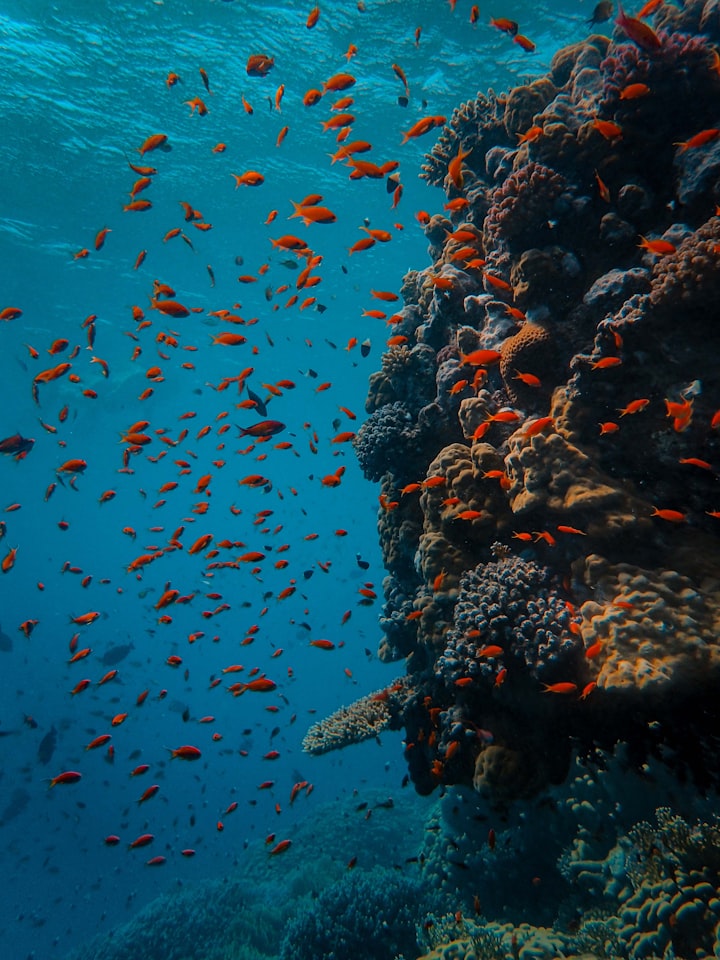
7) Life itself.
Water is life. Life on this planet started in the water and evolved to what it is today.
Humans spend nine months incubated in water (amniotic fluid) in the womb; our bodies are 60% water, the earth is two-thirds water.
Survival without water is impossible.
“How inappropriate to call this planet Earth when it is quite clearly ocean” – Arthur C. Clarke
About the Creator
Bradley Knight
Grown on the British Isles, exploring beyond.
Marine Ecologist by trade, Scientific Illustrator and Communicator by hobby.


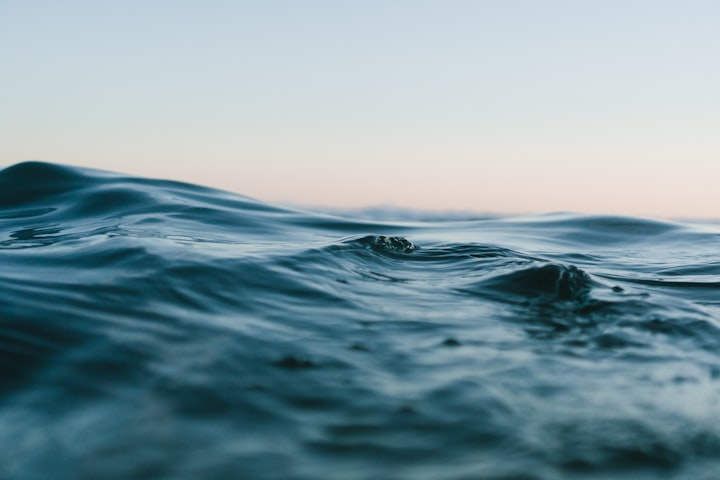



Comments
There are no comments for this story
Be the first to respond and start the conversation.